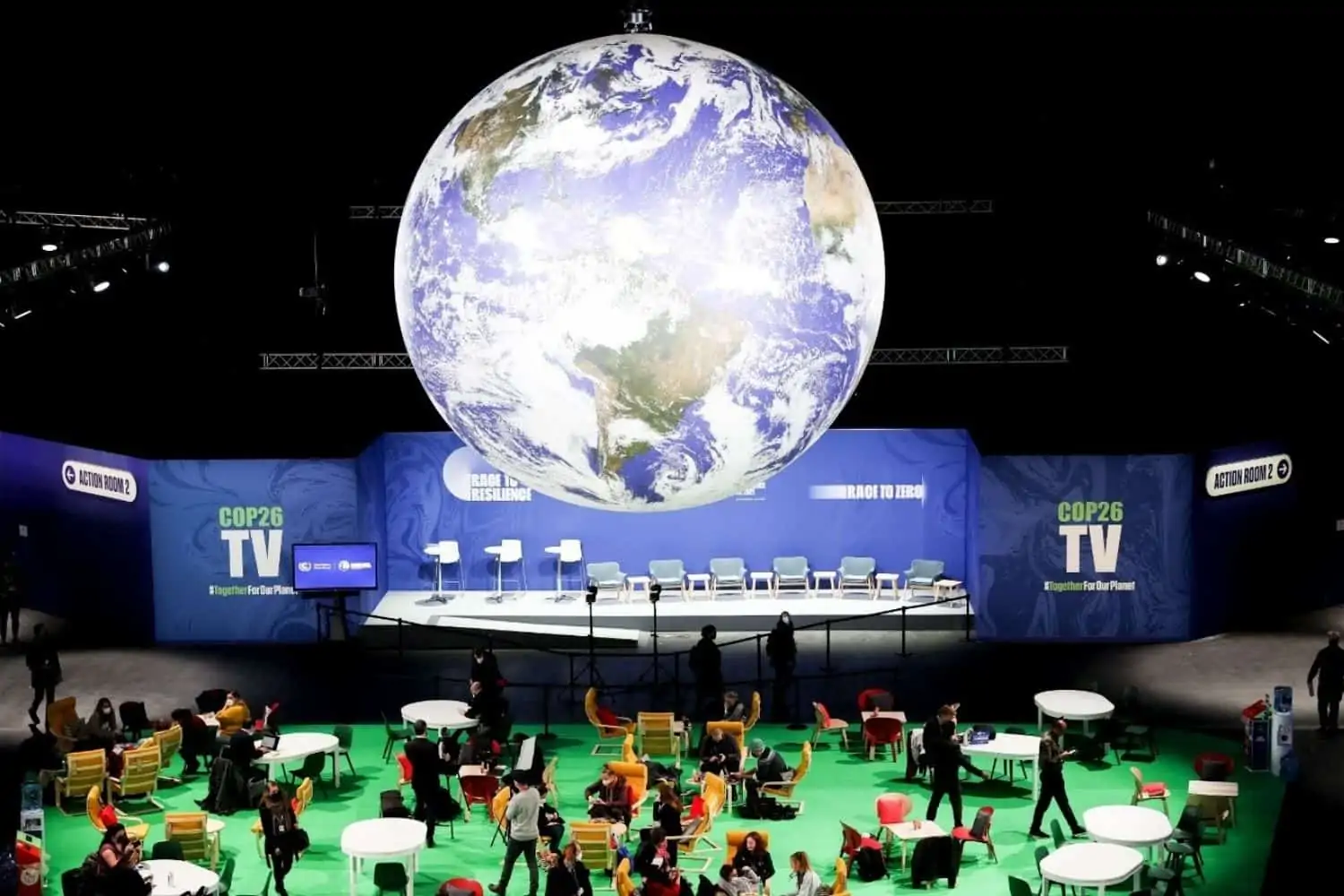Whilst many South Africans did their part in the local government elections, representatives from around the world came together for the COP26 UN Climate Change Conference.
What is the COP26 summit?
This year’s Climate Change Conference marks the 26th year of the important event and will be hosted by the United Kingdom (UK) in Glasgow, Scotland.
According to the summit’s website, “The COP26 summit will bring parties together to accelerate action towards the goals of the Paris Agreement and the UN Framework Convention on Climate Change.”
President Ramaphosa’s thoughts on the matter
In his latest newsletter, the president expressed that he felt that the summit is taking place at a crucial time. And that the world urgently needs to become aware of and tackle the effects of climate change.
“Adverse weather such as droughts affect our already scarce water supplies, making access to water harder and causing widespread crop failure that threatens our food security,” President Ramaphosa said on Monday.
He shares what SA is doing about climate change
President Ramaphosa further explained how polluted air negatively affects our health and also how waterborne diseases spread easier in frequently flooded areas.
However, he also explained how South Africa is committed to fighting the issues:
“As a country, we are committed to making our fair contribution to the global climate change effort and have recently set new and more ambitious greenhouse gas emissions targets.
“At local government level, we need to integrate climate change considerations into service delivery planning,” Ramaphosa said.
KwaZulu-Natal’s municipalities are already exploring the use of various renewable energy sources such as landfill gas to electricity, biomass, biogas and small-scale hydropower.
“Recent amendments to electricity regulations that allow municipalities to buy and generate their own power are expected to lead to a greater uptake of renewable energy technologies over time.”
More land to be available for agricultural purposes.
As part of his newsletter, President Ramaphosa also mentioned that the government is planning to make more land available through municipal land-use zoning. The land, he says, will then be available for agricultural production in communities, such as for communal food gardens.
“Environmental conservation and climate action have the potential for new business development and to support job creation on a large scale, including through public employment programmes,” the President said.
Other ways of fighting against Climate Change includes the government supporting the recycling economy by “revitalising buy-back centres and integrating waste-pickers into the recycling economy value chain”.
The President urges citizens to be aware of Climate Change
President Ramaphosa ended his newsletter off by reminding South Africans that we are all responsible for climate change.
“Communities that are safer, healthier and climate change resilient are key to our collective future. Even as actions are taken at a national level and decisions made on the global stage, adapting to and mitigating the effects of climate change is our shared responsibility.
“We can all make a difference by making responsible decisions, whether it is by recycling our trash, by choosing sustainable food sources, by conserving water or by keeping our communities clean,” the President said
The COP26 summit runs from 31 October – 12 November 2021.
